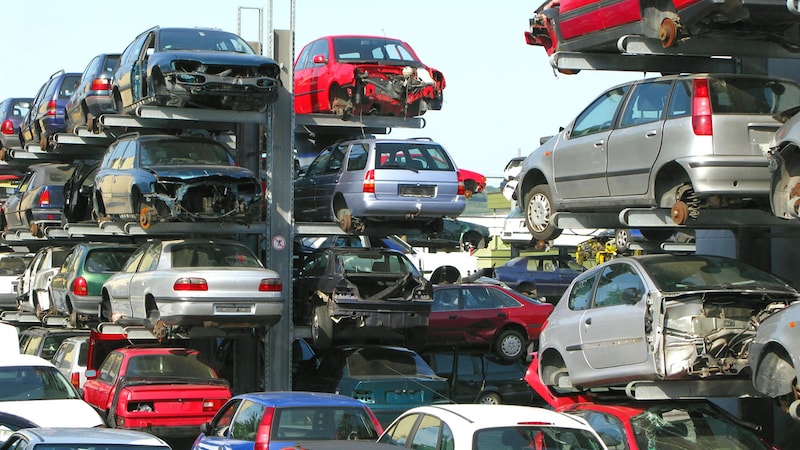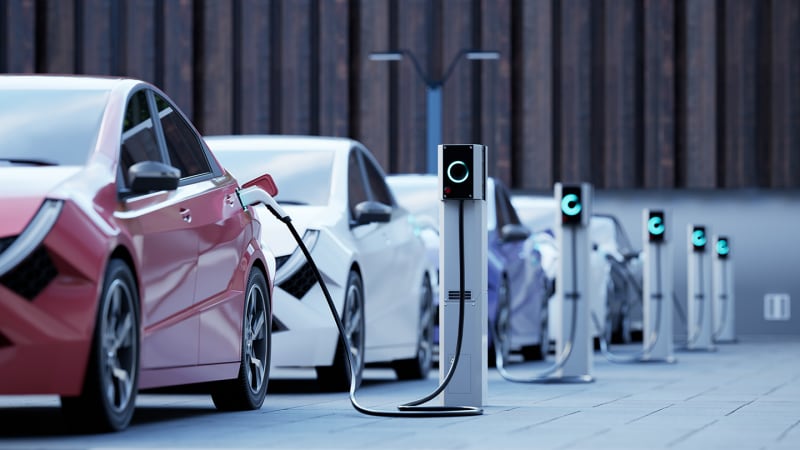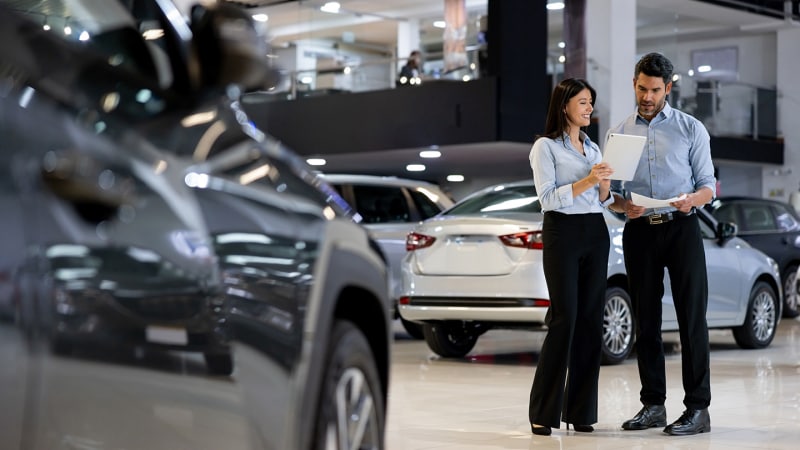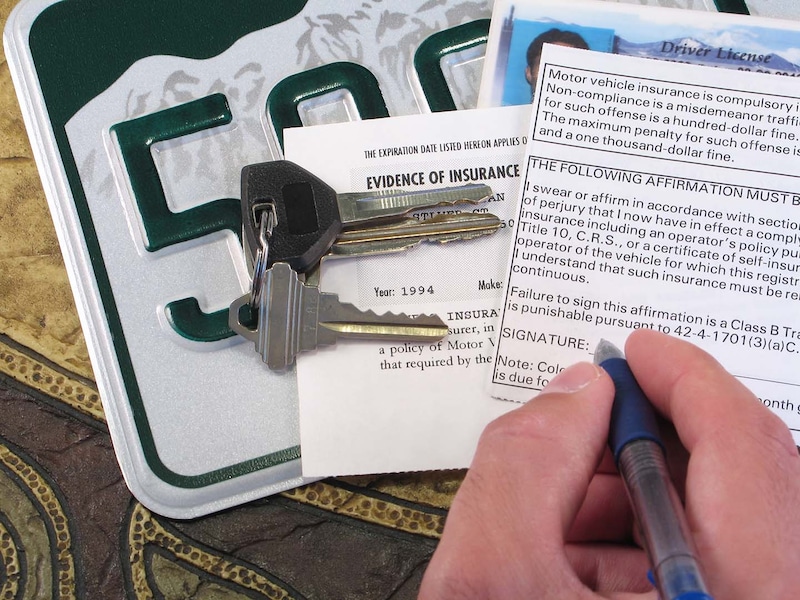Car fuel economy and why it matters
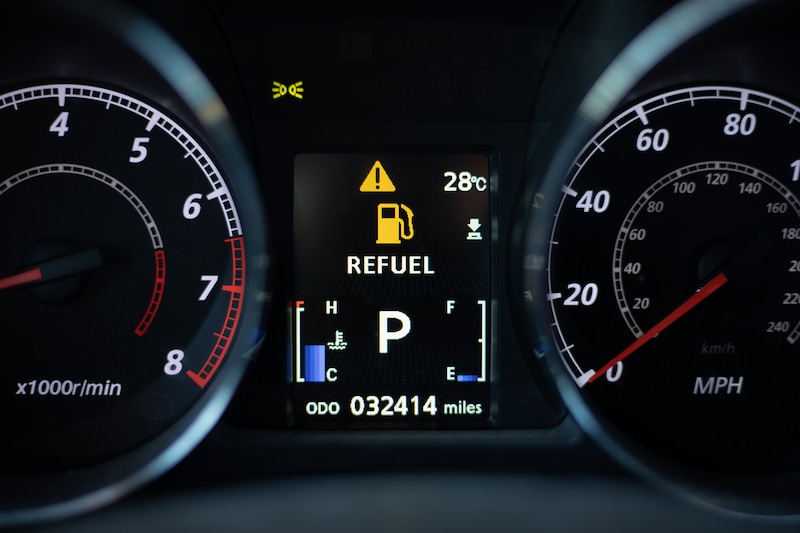
Quick insights
- Car fuel economy refers to the efficiency of a vehicle in terms of the distance it can travel per unit of fuel consumed, and it's a factor in a car's operating cost.
- The calculation of fuel economy involves measuring the amount of fuel used over a specific distance, typically expressed in miles per gallon (MPG) in the U.S.
- Good fuel economy is generally considered to be above the average MPG for passenger vehicles.
If you've ever noticed your car consuming more fuel than expected, you're certainly not alone. Fuel efficiency is a critical aspect of vehicle ownership, impacting both your wallet and the environment. A car with a higher miles per gallon (MPG) rating can lead to significant savings over time, making fuel economy an important factor to consider. Welcome to the world of fuel economy, where optimizing consumption means maximizing savings and efficiency.
What is fuel economy?
Fuel economy refers to the efficiency of a vehicle in terms of the distance it can travel per unit of fuel consumed. It's usually measured in MPG in the U.S., or liters per 100 kilometers (L/100km) in many other countries. A higher MPG means better fuel economy, as the vehicle can travel farther on the same amount of fuel.
How is fuel economy calculated?
While fuel economy may seem complicated to determine, it can actually be calculated using a formula. You can estimate your vehicle’s fuel economy by dividing the total distance traveled by the amount of fuel used. For example, if a car travels 300 miles on 10 gallons of gas, its fuel economy is 30 MPG.
How does fuel economy work?
Fuel economy is determined by a variety of factors, including the vehicle's design, weight, engine type and driving conditions. Some factors, like vehicle design and engine type, are fixed, while others, like driving conditions, cannot be controlled by the driver. Understanding which factors are fixed and which they have some control over can help drivers make informed decisions to optimize fuel efficiency.
Tips to improve your car’s fuel economy
Improving your car's fuel economy can save you money. Here are some tips to help you achieve better fuel economy:
- Drive efficiently: Avoid rapid acceleration and harsh braking, and try to maintain a steady speed.
- Keep your car in good shape: Regular maintenance, including keeping your tires properly inflated, can improve fuel economy.
- Plan your trips: Combine short trips into one longer trip to avoid starting your car cold multiple times, which uses more fuel.
By implementing these tips, you can maximize your vehicle's fuel economy, leading to noticeable savings over time.
What is considered good vs. bad fuel economy?
What constitutes good or bad fuel economy can vary depending on the type of vehicle and its intended use. However, as a general rule, a passenger vehicle that gets more than the average MPG (24.4 MPG for cars as of 2024) is considered to have good fuel economy.
Fuel economy of hybrid versus traditional vehicles
Different types of vehicles offer varying levels of fuel economy. Here's a comparison between hybrid and traditional vehicles:
- Hybrid vehicles: These vehicles use a combination of a gasoline engine and an electric motor. They typically have better fuel economy than traditional vehicles, especially in city driving where the electric motor is used more. Hybrid fuel economies of 45-55 MPG are pretty standard.
- Traditional vehicles: These vehicles run solely on a gasoline or diesel engine. While they may have lower fuel economy than hybrids, advancements in technology are continually improving their efficiency. Traditional gasoline-powered cars may have fuel economies in the vicinity of 25-35 MPG, with newer models offering better fuel economy than those produced 5+ years ago.
The bottom line
Fuel economy is an important part of reducing your vehicle's operating costs. By choosing a vehicle with good fuel economy and driving it efficiently, you can save money and maintain a healthy vehicle. Whether you're shopping for a new car or looking to improve the efficiency of your current one, fuel economy is an important factor to consider.
